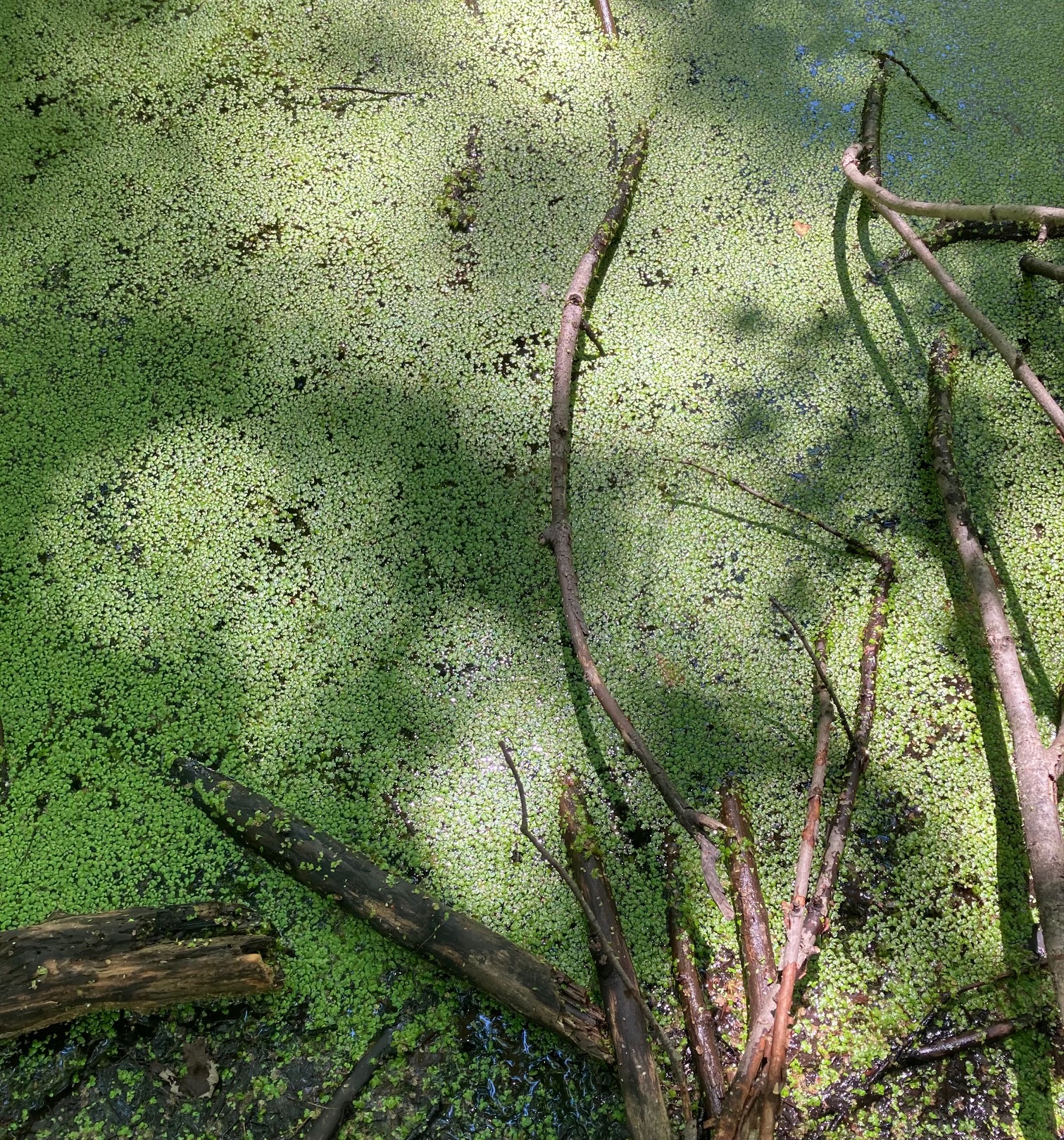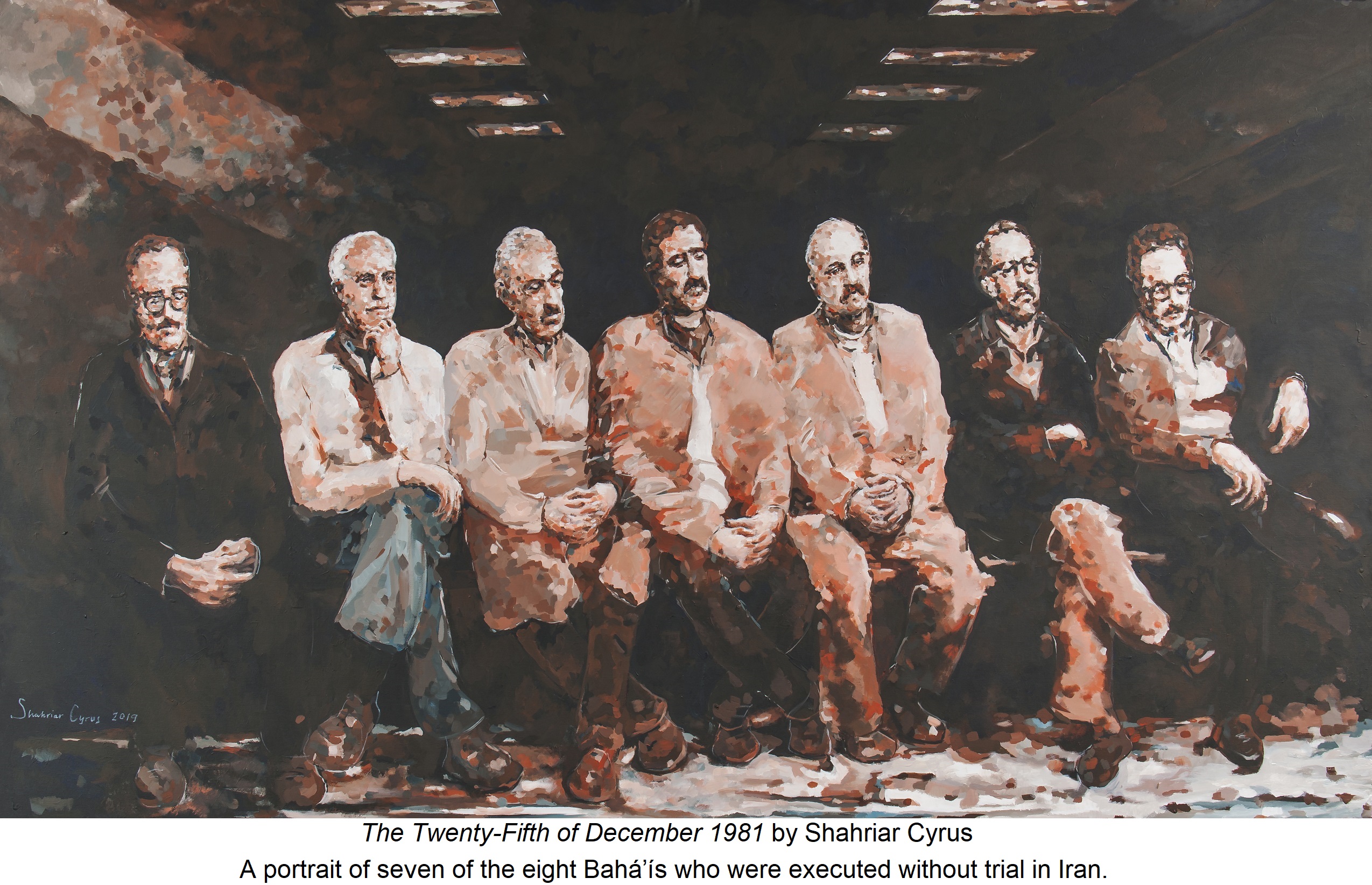
When we consider the scope of the conflagration ignited in Iran by the “crime” of a young woman who allowed a few strands of hair to slip from her hijab, we can’t help but be astonished. How could such a dubious violation of Iran’s hijab law set a whole nation ablaze? Likewise, when we reflect on what has prompted the systematic persecution of the Bahá’ís in Iran, ongoing now since the founding of the Islamic Republic of Iran in 1979, we may be equally confounded. How, in an age characterized by a growing acknowledgement of the richness of the diverse traditions that, together, make up the tapestry of human civilization, could a group of people be detained, imprisoned, denied access to jobs and education, stripped of their properties, and even executed, simply because of their religion?
What crime did the Bahá’ís of Iran commit that they should be so punished? In His Book of Certitude, Bahá’u’lláh offers a sweeping view of religious persecution throughout the ages. As He explains there, it has always been this way: the followers of one divine messenger persecute the followers of the next. So it was that the Jews persecuted the Christians and the Christians the Muslims. And so, today, the Bahá’ís are persecuted in the Islamic Republic of Iran. What “crime” did the Bahá’ís of Iran commit? As Bahá’u’lláh writes in a tablet revealed more than a century ago for Bahá’ís who were, even then, being subjected to the horrors of detention and execution: “Thou knowest full well, O my God, that their only crime is to have loved Thee.”
As the protests launched in September continue to sweep in waves of disaffection across Iran, the persecution of the Bahá’ís intensifies. Since July, more than three hundred and twenty Bahá’ís have been victims of acts of persecution, with dozens arrested in Shiraz, across Mazandaran province, and in cities and villages throughout the country. Homes in Roshankouh, a village in the north of Iran, have been demolished; and throughout Iran, Bahá’ís have been vilified with hate speech and tarred by propaganda. Currently, at least ninety Bahá’ís are imprisoned or subject to humiliating ankle-band monitoring.
To add to this litany of injustices, just days ago, Mahvash Sabet and Fariba Kamalabadi, both of whom have been recognized by the international community for their courage and resilience in enduring a full decade in Iran’s prisons, have now been sentenced to an unthinkably cruel second ten-year prison sentence. When both women were released five years ago, who could have imagined they would face further sentencing, sentencing that would take them into the seventh decade of their lives, a time when both should be free to enjoy their families and contemplate further services to the community for whose upliftment they have sacrificed so much.
It is hard to imagine a more consequential body of poetry than that which a skilled craftsperson might produce from within the confines of a prison cell. Without doubt, Sabet’s first volume of poetry, Prison Poems, speaks more powerfully than any other form of advocacy could ever hope to do, of the anguish suffered as well as the victories won in the course of an unjust imprisonment.
In this issue, we are honored, therefore, to be able to share with readers more prison poems by Mahvash Sabet, these ones newly translated into English by Shahin Mowzoon and Sandra Lynn Hutchison. In these poems, which are drawn from A Tale of Love, a volume of poems previously published in Persian, Sabet continues to tell the story of her life in an Iranian prison, a story that, sadly, she shares with so many Bahá’ís living in Iran today.
And while the eyes of the world are fixed on Iran, we, at e*lix*ir, would like to take the opportunity to draw attention not only to cases of Bahá’ís unjustly imprisoned, but also to the fate of Bahá’í youth in that beleaguered country. So, at this potent moment of learning, when people the world over are coming to know something of the aspirations of the Iranian people, we give voice in this issue to the hopes and dreams of Bahá’í youth at this critical time in the life of Iranian society.
It is our hope that by reading their stories, readers will draw close to these youth and come to feel such solidarity with them that they will be inspired to engage in advocacy on their behalf — by sharing their stories and speaking out against the injustices they suffer, and by praying for their liberation, at long last, from the forces of darkness that smother their hope for the future.
In the essays and stories that appear in the “Holy Soil” and “Candles in the Darkness” sections of this issue, we give voice to youth whose remarkable courage cannot help but inspire our readers. And in “The Scent of Roses,” we offer essays about places so vividly described that readers may feel they have been transported to Sanandaj or Babol or Shiraz and are walking in gardens redolent with the scent of jasmine and damask roses or picking pomegranates and figs from backyard trees.
In “Personal Reflections on Bahá’í Texts,” we share the reflections of some of these youth on passages from Bahá’í scripture. One of these essays, “Calamity: The Path to Eternity,” was written by Hannan Hashemi just days before her arrest. When we ponder the lived experience from which these reflections arise, we may feel galvanized to reach to greater heights of service in the work of healing the world.
In this issue, we launch a new section entitled “Letters,” which we hope to include as often as we can in future issues, for what is art if not a letter to a beloved reader? The letters written by Andisheh Taslimi and Mehrsa Mastoori are addressed to the children they hope to have one day, and offer us, as readers, a heart-rending and intimate portrait of the difficulties faced by Bahá’í youth as they attempt to make lives for themselves under conditions of extreme oppression.
With this issue, we add Mehrsa Mastoori to our team at e*lix*ir as our arts correspondent in Iran. We are pleased to be able to share the interview she conducted with Shahriar Cyrus, a Bahá’í painter also living in Iran. In her interview, Mehrsa speaks with Cyrus about his unforgettable painting of seven of the Bahá’ís who administered the affairs of the community in Iran, on their day in court in 1981. Cyrus’ painting bears witness to a haunting moment in the history of the persecution of the Bahá’ís of Iran. By bringing us inside the court room to look into the faces of these unjustly detained prisoners, Cyrus enables us to experience something of the gravity of the fateful moment when all seven prisoners were sentenced to death for refusing to recant their faith.
In a show of solidarity, fabric artist Lynn Miller created a quilt for the Bahá’ís of Iran, which we share in the art section of this issue. Written in fabric, the quilt, which she has entitled “Resilience,” is a love letter to the friends in Iran, reminding them that we are with them in spirit.
In this issue we feature, once again, the photographs of Ann Sheppard and James Braun, and we add Jake Michaud to the list of accomplished photographers and artists whose work we have showcased in e*lix*ir. Jake’s photographs soothe the soul and shine the light of spirit on the pages where they appear.
In the theme song of the current Iranian protest movement, “Baraye” by Shervin Hajipour, we hear nothing if not a yearning for a life free from surveillance by a government that has so often dealt harshly with its citizens, for the opportunity to enjoy, without fear, the everyday pleasures of life: “For dancing in the alley... For wistful wishes of having a normal life... For the face that smiles... For peace of mind... For the sun after long nights....”
As we listen to these mournful lyrics, we may wonder if Iran and its capital city, Tehran, which has been the center of so much protest in recent days, are destined to become the graveyard of dreams, places where such yearning is buried alive. Yet Bahá’u’lláh offers a very different vision of the future of what is referred to in Bahá’í scripture as “this holy land of Persia,” the birthplace of God’s messenger for this day. And if we look with the eyes of faith, we may be able to soar high above the crowded chaotic streets of Tehran and its dark prison cells and catch a glimpse of “the holy and shining city” Bahá’u’lláh wrote of, a city in which people of all faiths can live together in peace.
Sandra Lynn Hutchison
From A Tale of Love by Mahvash Sabet
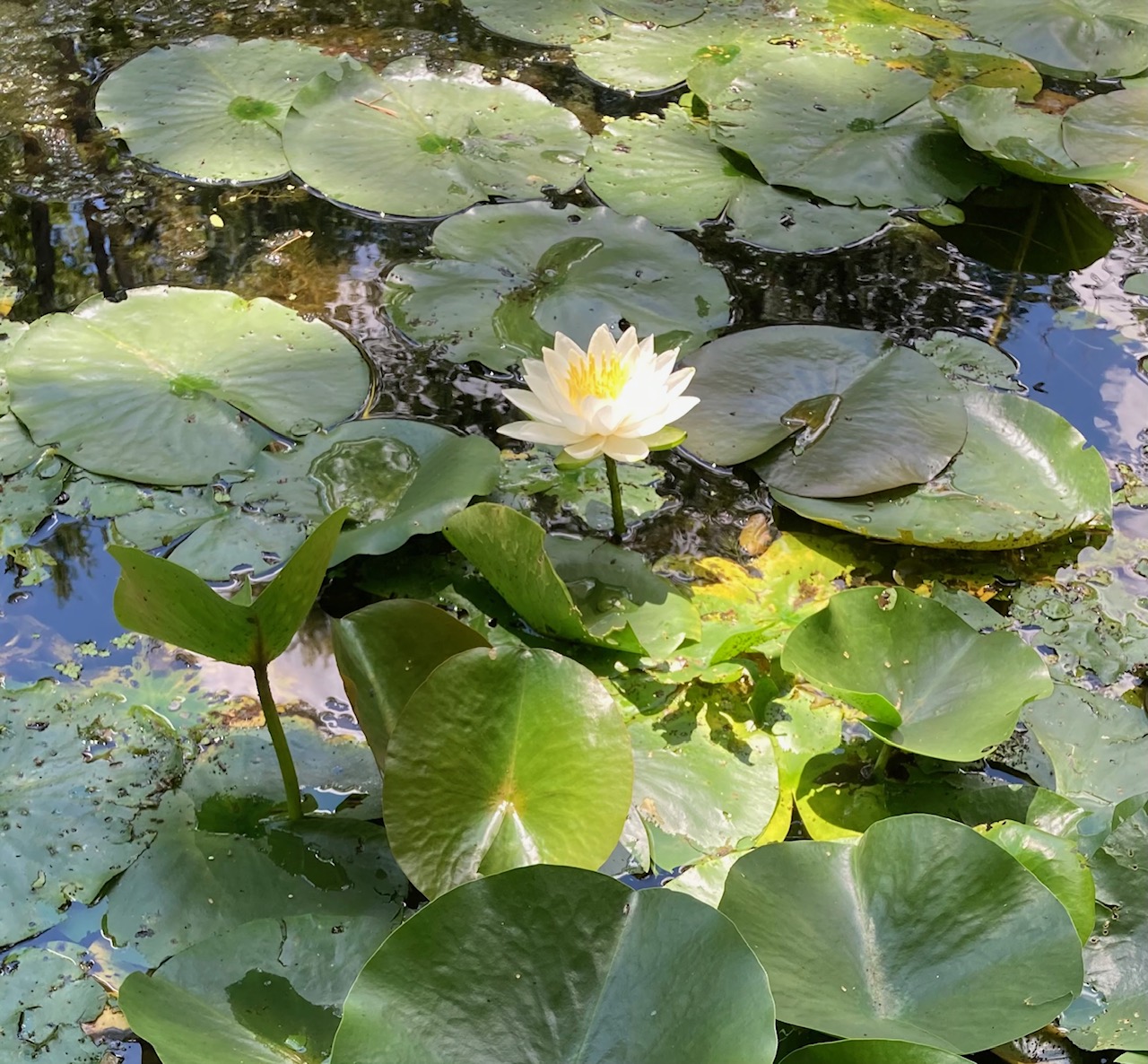
Translated by Shahin Mowzoon and adapted by Sandra Lynn Hutchison
Footsteps
Your footsteps in the silence
bring me joy!
Casting off my dark veil,
I stand tall,
With each breath
I reach for you,
search for you
in all the nooks and crannies
where my lost treasures
lie hidden, unclaimed.
... (continued)
My great-grandfather was a farmer in a village, far away from the capital city of Tehran. One day, after working in the field all morning, he decided to take a nap. As he slept, he had a strange dream that forever changed his life and the lives of all the generations to come in his family.
My great-grandfather dreamed he was walking alongside a huge river when a venerable man wearing a brown cloak and green turban approached him. It is noteworthy that male descendants of the Prophet Muhammad typically wore green turbans. The man taught him how to perform ablutions using the water of the river, and to pray in a way different from the way that Muslims pray. Then he put his hand on my great-grandfather’s back.
... (continued)
Calamity: The Path to Eternity
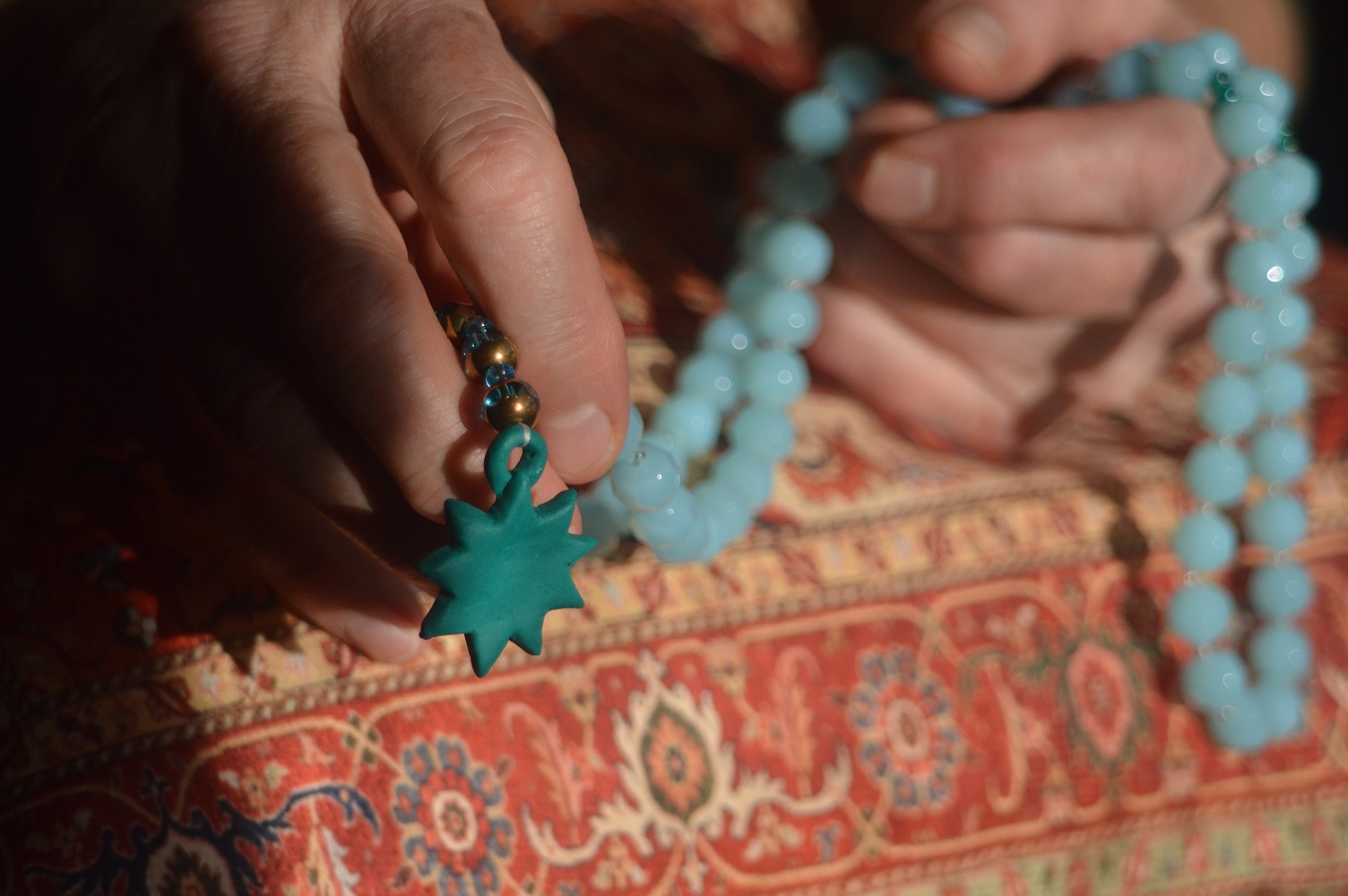
by Hannan Hashemi
O Son of Man! My calamity is My providence, outwardly it is fire and vengeance, but inwardly it is light and mercy.... — Bahá’u’lláh
In recent months, the government of Iran has intensified its persecution of the Bahá’ís, and three of my dear friends are currently being detained in unknown conditions. For some time, when I thought of them, I felt desperate, but when I came across this Hidden Word by Baháʼu'lláh my mind was eased. This verse gave me a fresh perspective on the hardships that we, as Bahá’ís in Iran, are enduring.
... (continued)
My Tiny Fruit Garden
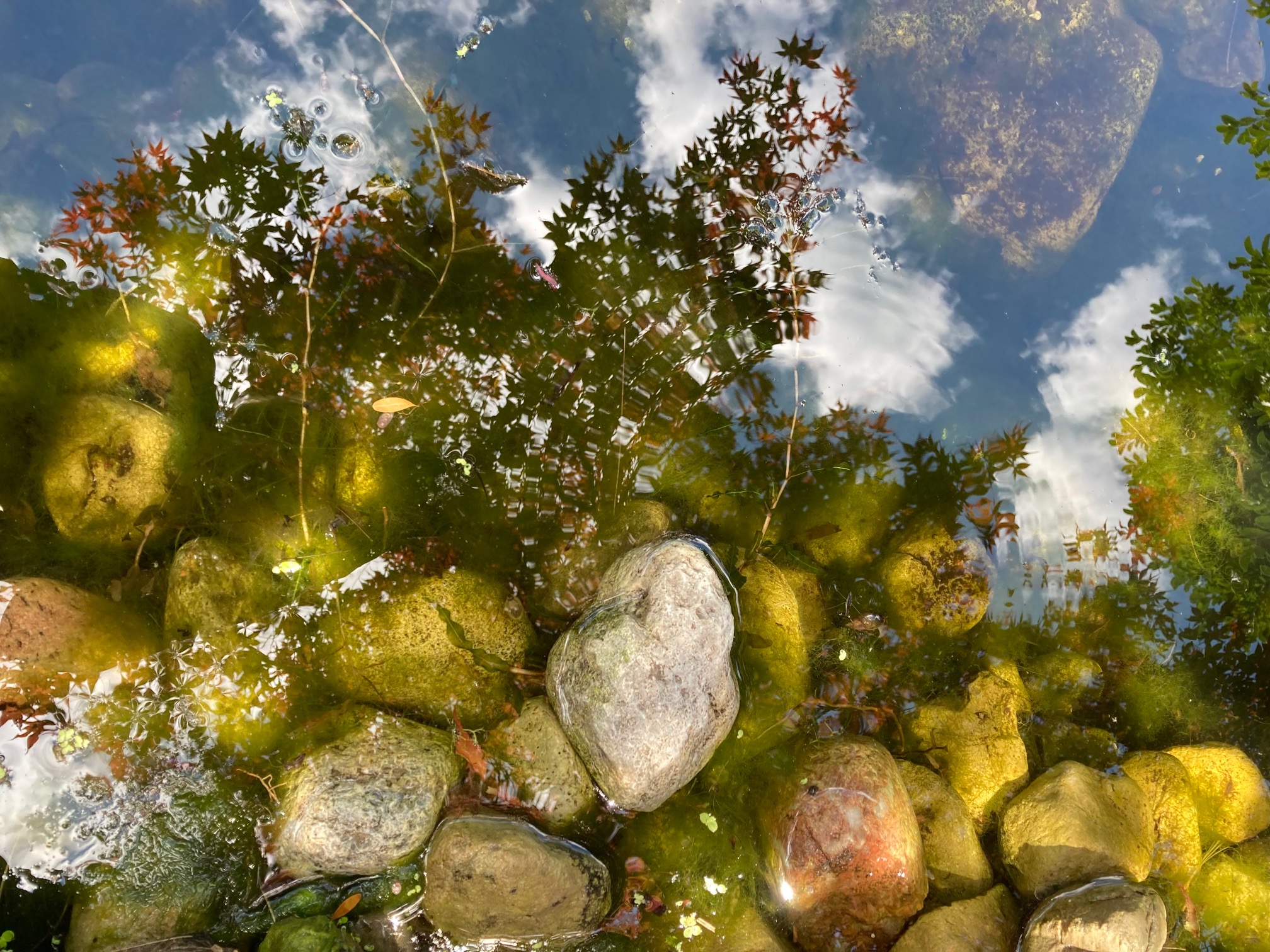
by Foad Bahrami
I have a tiny fruit garden in northern Iran that I inherited from my ancestors. It first belonged to my great-grandfather, who was a farmer, so, for me, the garden is not just a garden but an ancestral realm. The garden stands right next to our house, but it has a separate entrance: a rusty metal door at the back of an apartment building in the middle of a crowded city, a door that would seem to promise anything but a garden.
... (continued)
From Your Inmost Being
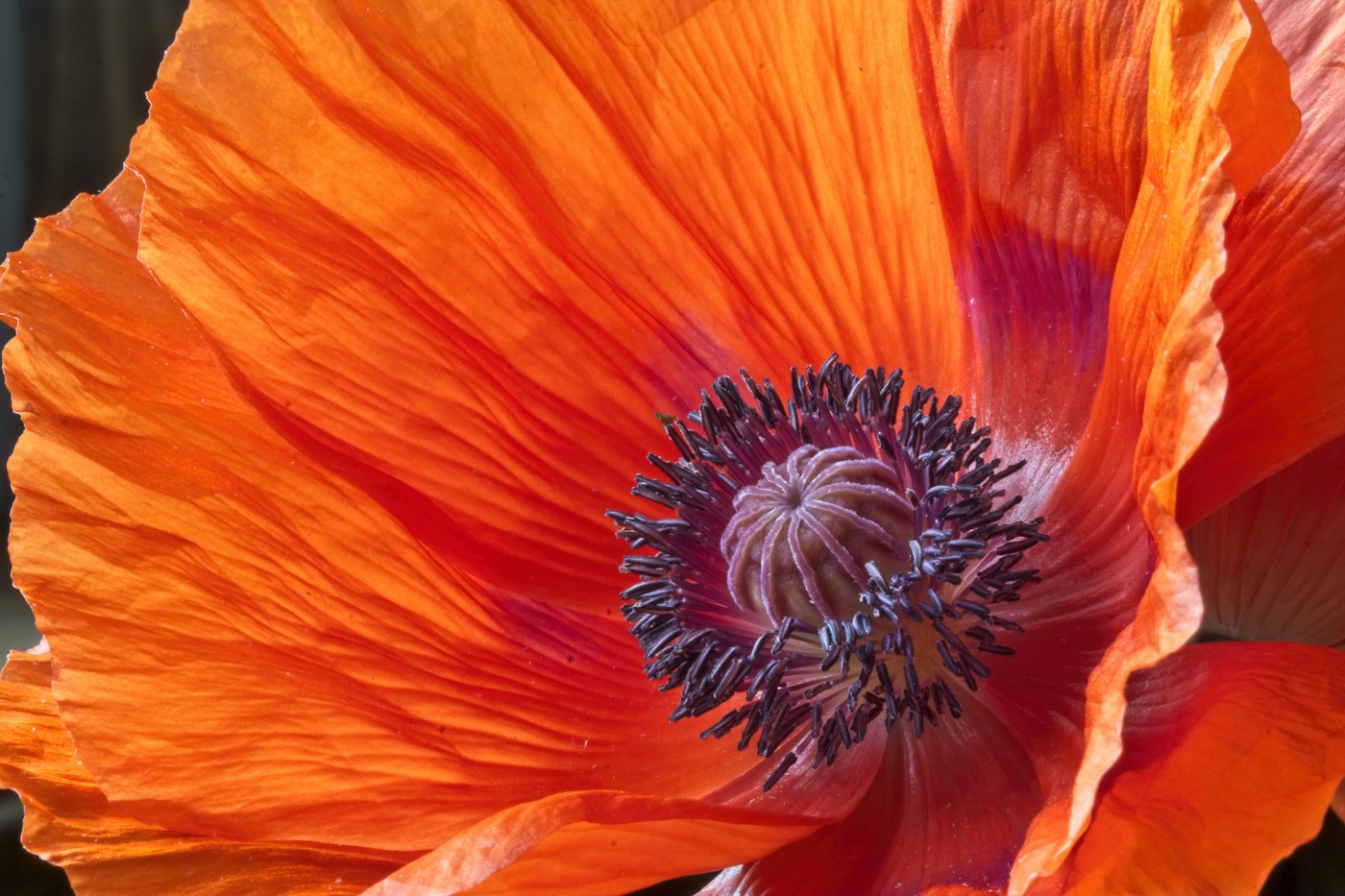
by Taraneh
I have always wondered how people around the world can be united, and I have always been saddened by the fact that people from different parts of the world often don’t understand or feel close to one another. We all live in different lands, and because of geographical distances and cultural differences, we do not and cannot share the same experiences. How can we overcome these distances and differences? When I read Hidden Word No. 68, I felt I found the answer.
... (continued)
A Small Light in a Dark Room
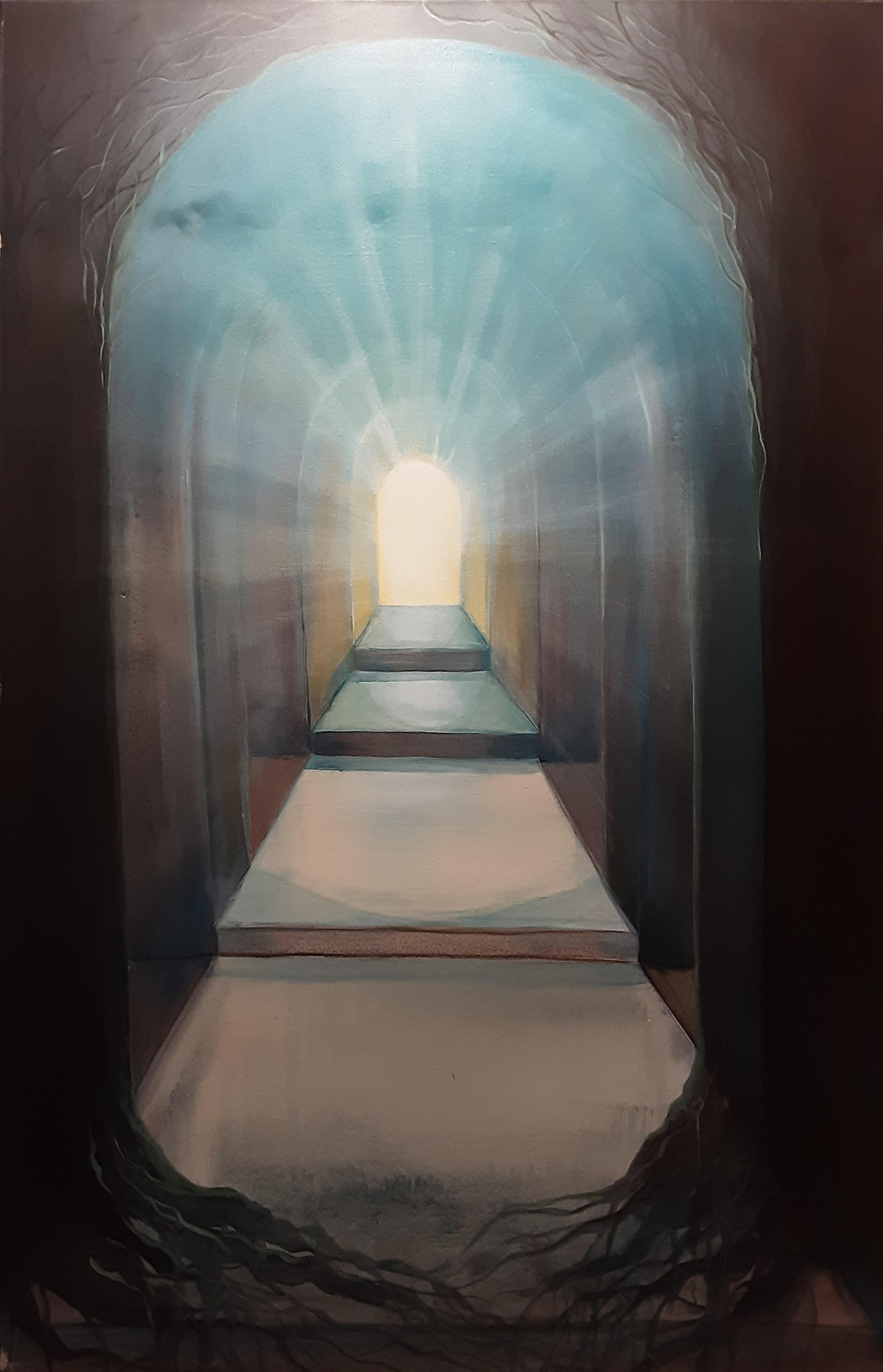
by Andisheh Taslimi
My dearest child,
As I write this, I am in my early twenties. In many other countries around the world, young people my age can study subjects of their choice in universities. They feel safe and secure and live in peace. They can wear anything they like, speak freely about their beliefs, and enjoy the freedom to go where they please. I hope that when you read this letter, you are in the same situation. I hope you and your generation have the freedoms I do not have, for my own experience of life is far from what I hope for you.
... (continued)
The Scent of Roses
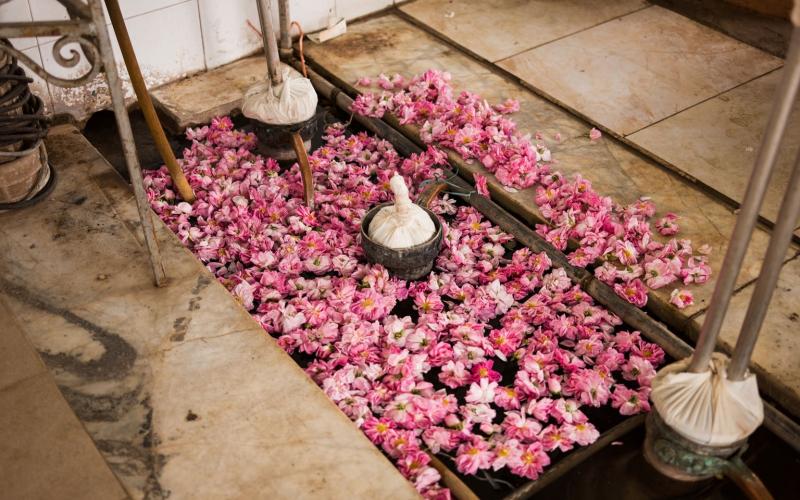
by Nooshin Mavaddati
The city where I was born and currently live is called Sanandaj. It is the capital of Kurdistan province and is located in the west of Iran beside the Zagros Mountains. My city has cold, snowy winters and hot summers, and in the spring its plains are full of beautiful wildflowers and medicinal plants. Our house is located in the city center. We also have a garden house outside the city that sits on a five-thousand-square-meter plot of land on a highway that leads into the city. The front of our garden, which overlooks the highway, is our family’s source of income and has a machine shop and a large parking lot for heavy vehicles. At the back of the shop is a garden that is home to a pool of water that helps irrigate the land by means of a motor that pumps the water up from the well and into the field.
... (continued)
From Thief to Benefactor
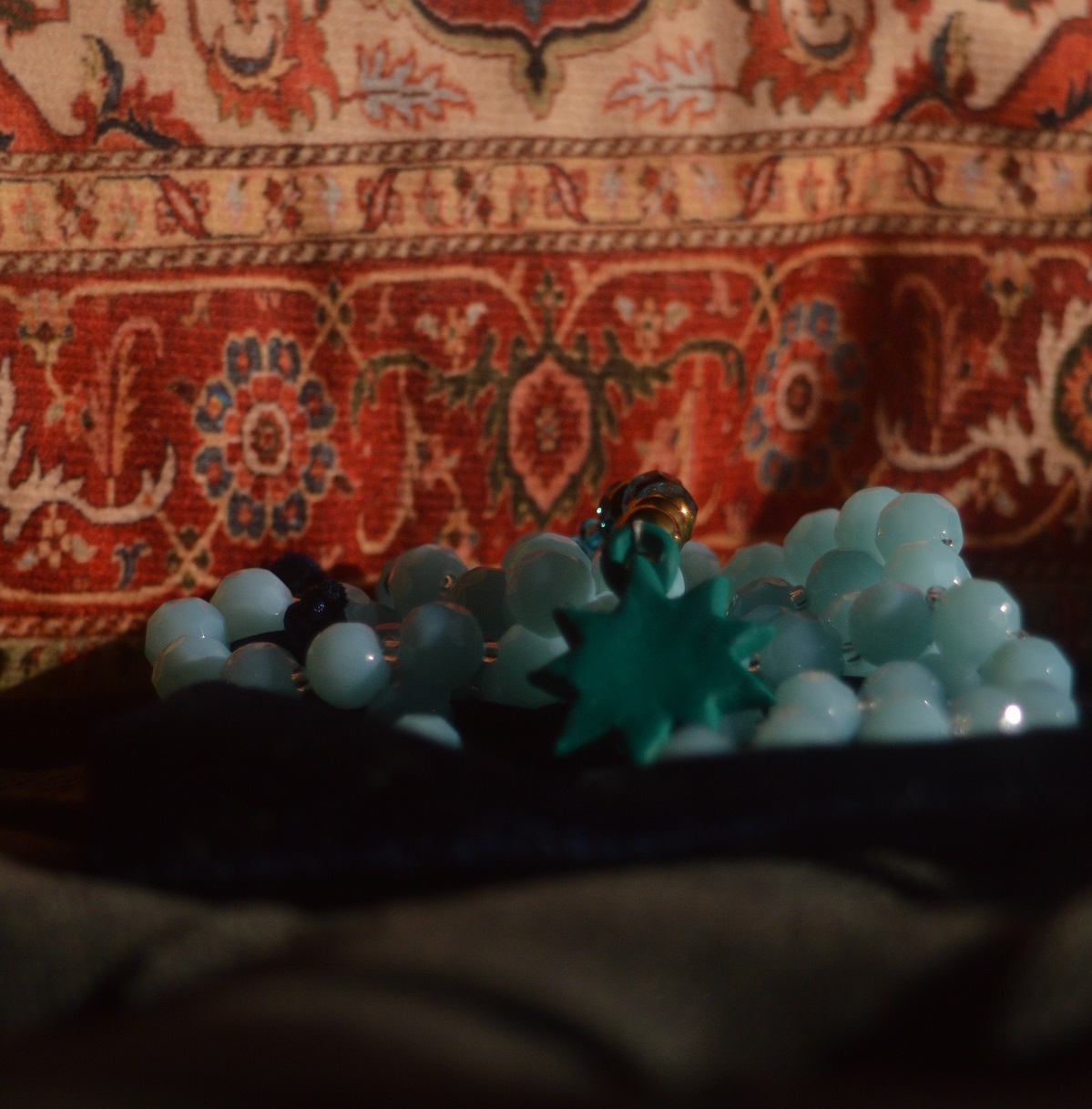
by Foad Bahrami
A few years ago, we went to the house of an old man named Sirois to celebrate Ridvan. Sirois had a beautiful ancestral cottage on top of a hill in the middle of a forest as well as a pasture filled with cows and horses. As my grandfather and I were walking along and enjoying the holy day, he told me a story about Sirois, whom he had known ever since they were in the same class together as children.
Apparently, Siros’s father, Shahin, was the head of a gang of thieves who robbed people on the mountain roads. Shahin was so cruel that he
... (continued)
The Castle at Maku

by Nogol Sadri
After we crossed an alley, we arrived at the bottom of the mountain. We could see the water from the fountain flowing at the base of the mountain. We began to climb the rocks and passed by the remains of some old buildings that had once been part of the castle.
... (continued)
Spring in My Grandmother’s Backyard
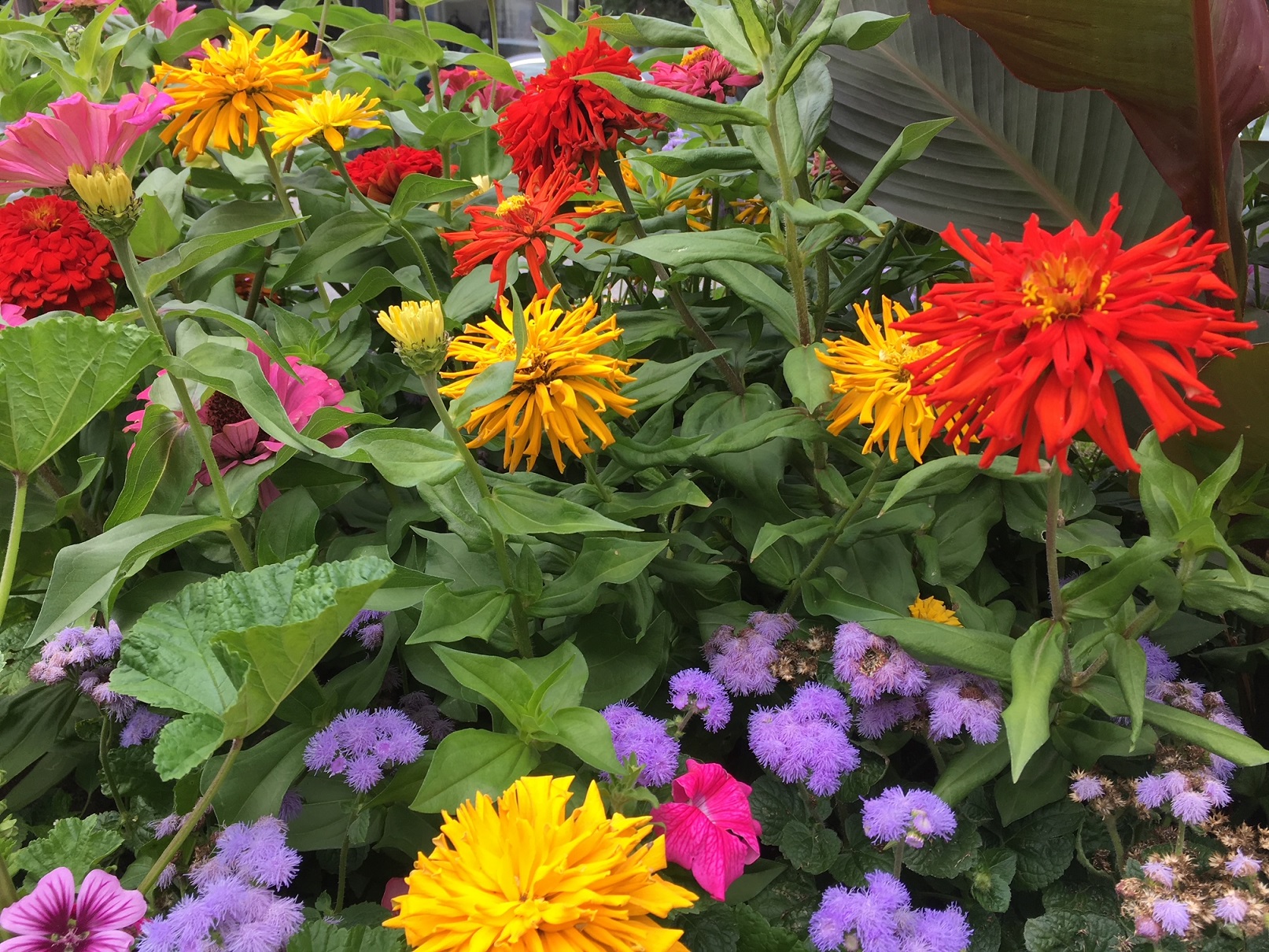
by Morvarid Ighani
If you have the chance to visit the Baharan neighborhood in spring, you will be sure to notice my grandmother’s house. The house has a bright blue door, and the branches of orange trees have crept through the wall. In spring, the scent of orange blossoms fills the whole alley.
... (continued)
Hope for the Future of Iran: A Letter to My Children
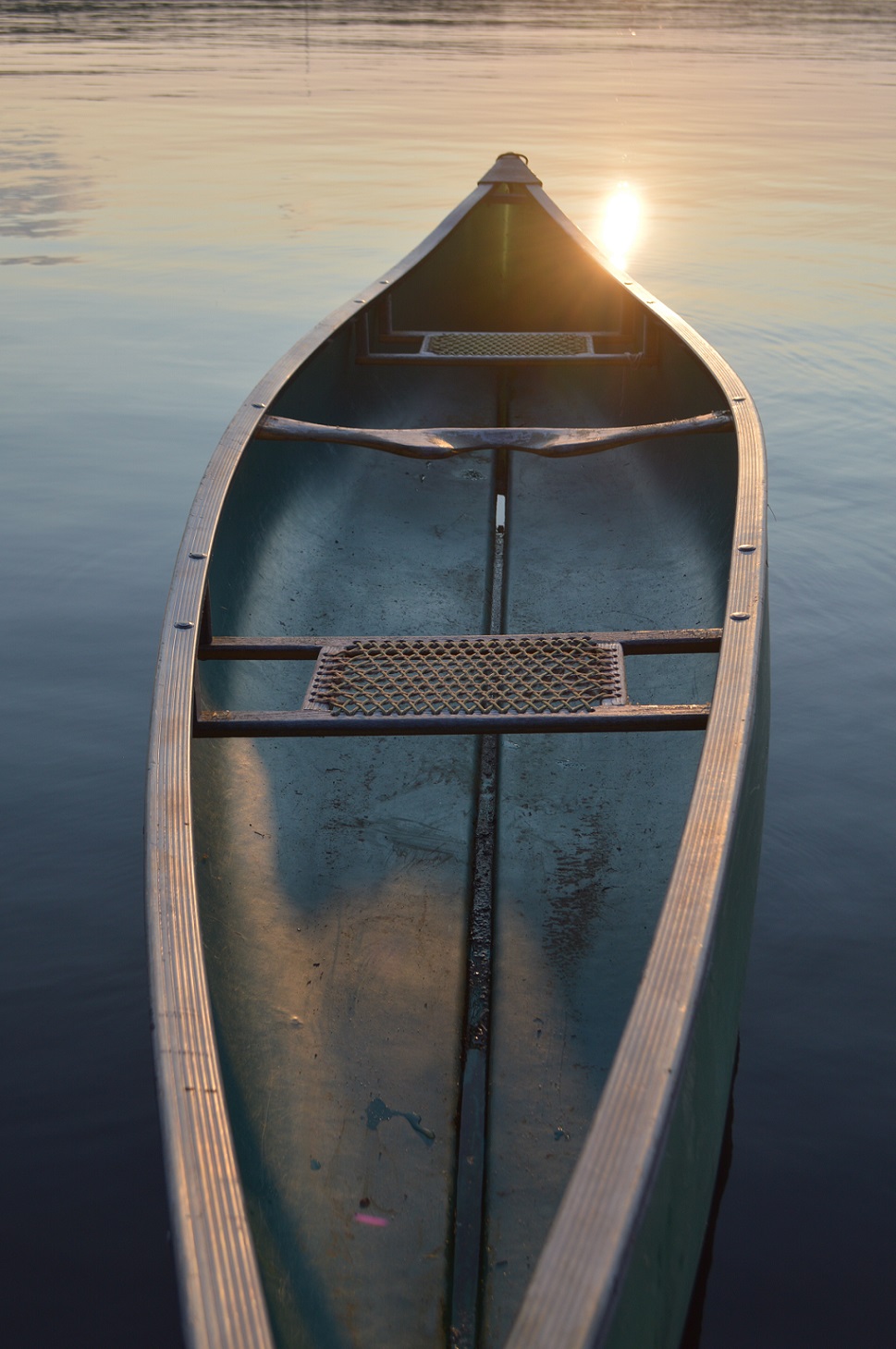
by Mehrsa Mastoori
My beloved children,
When I show you this letter you will be the same age I was when I wrote it: twenty. I write this letter so you know that even though I have not met you yet, I think of you often and can’t wait to see you.
I write, too, to tell you this: Iran used to be a very different place. There was a time when our country was enveloped in darkness. Innocent people were killed. Young people like you were imprisoned. Families endured unending grief, and happiness seemed like a mythic thing. Hope was the only thing that shone in those dark days, shedding just a dim light on us.
My dearests, I have lived long enough to know that hope is what enables people to go on living, and without it, they will become lifeless, like ghosts moving through the world. In those dark days in Iran, peoples’ hearts were filled with rage and they turned against one other. Only one thing could save Iran
... (continued)
Interview with Shahriar Cyrus
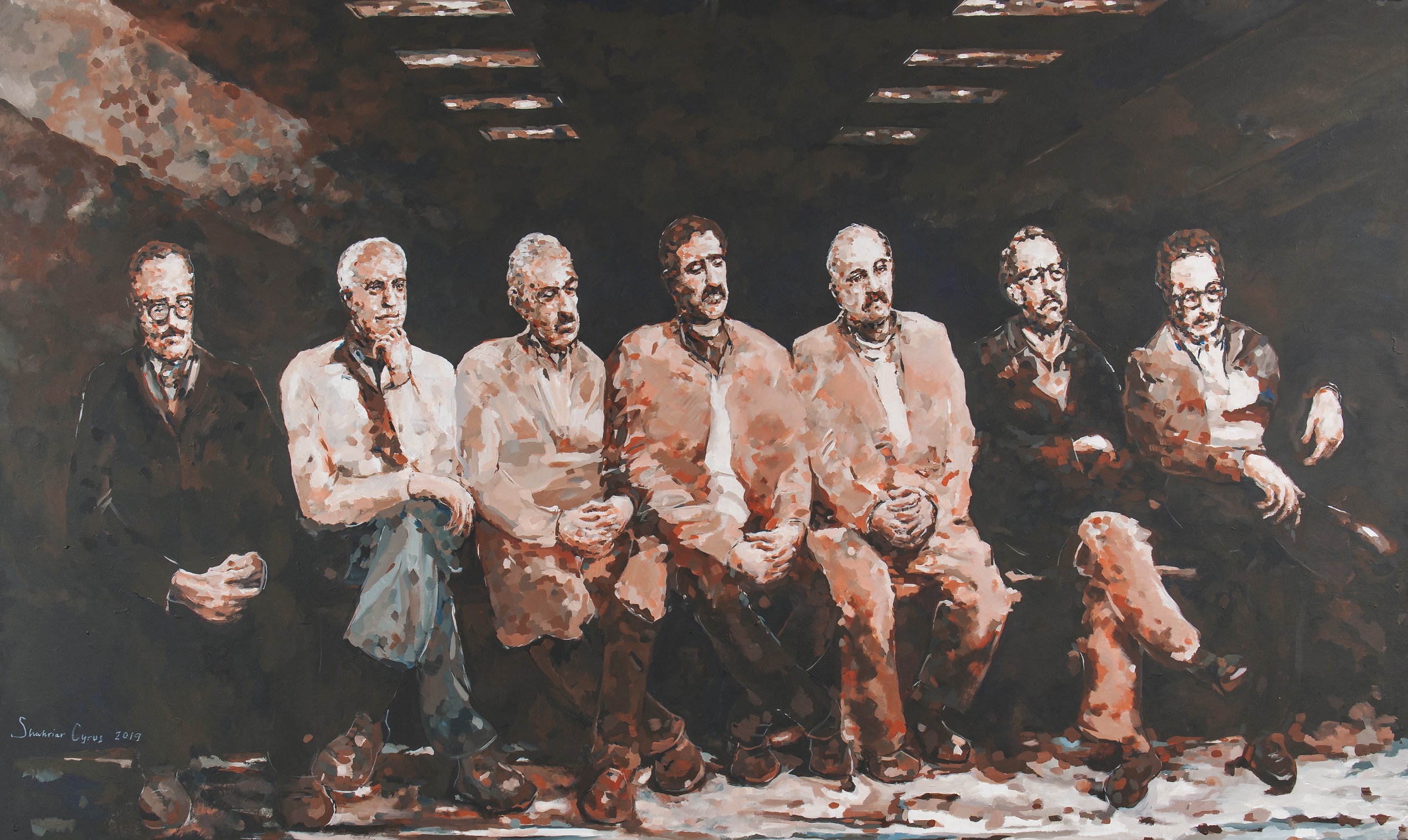
by Mehrsa Mastoori
I created this painting in March 2019 for a group exhibition — “Art, Minorities and Social Change in Iran” — held by Touch Art Gallery in collaboration with the Center for Middle Eastern Studies at Harvard University. They asked me to create this painting along the lines of their mission, so I decided to paint a portrait of the members of the governing Iranian National Spiritual Assembly, the mahfil, when they appeared in court. The painting is 120 x 200 cm, and I used a limited color palette in making it. It took me about a month to paint this work, which was exhibited at Harvard University from May through August 2019.
Several years ago, I dreamed that my aunt’s husband, who is fourth from the right in the painting, was at a gathering and sitting next to the Imam Hossein. I was there too, and when the Imam Hossein saw me, he said to me: “You are a painter, so paint us.”
... (continued)
In Front of the School
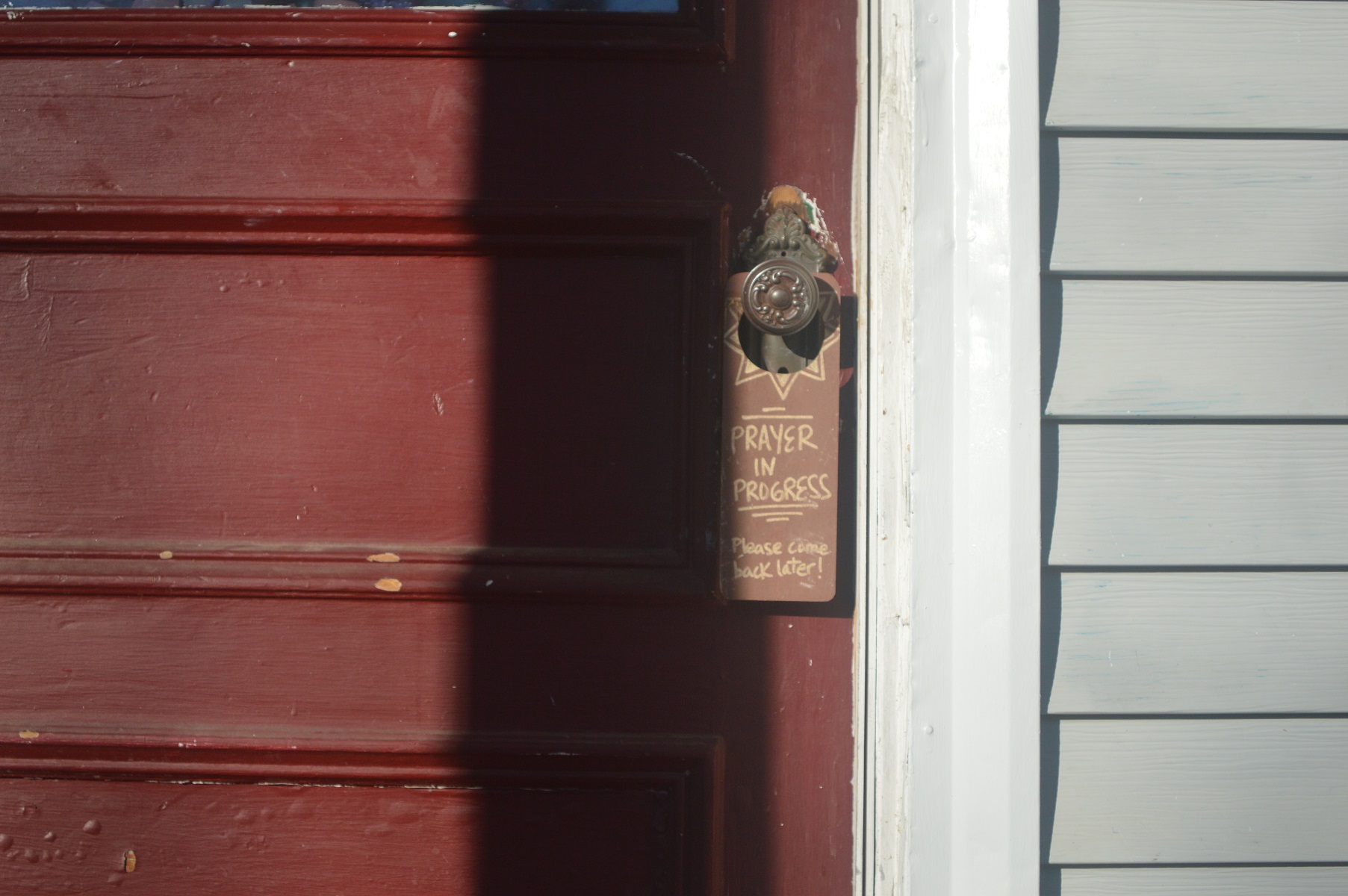
by Nava
Bahá’ís in Iran do not just know the meaning of the word harassment: they experience it every day. One of the ways the authorities in Iran show their refusal to recognize the Bahá’í Faith is arbitrary detention. What happened to my family four years ago is just a single drop in an ocean of persecution, so I did not feel alone when the waves came crashing over me.
One cloudy morning in October 2016, my mom woke me up. Before a word came out of her mouth, I knew something was wrong. I could see it in her face.
... (continued)
Resilience
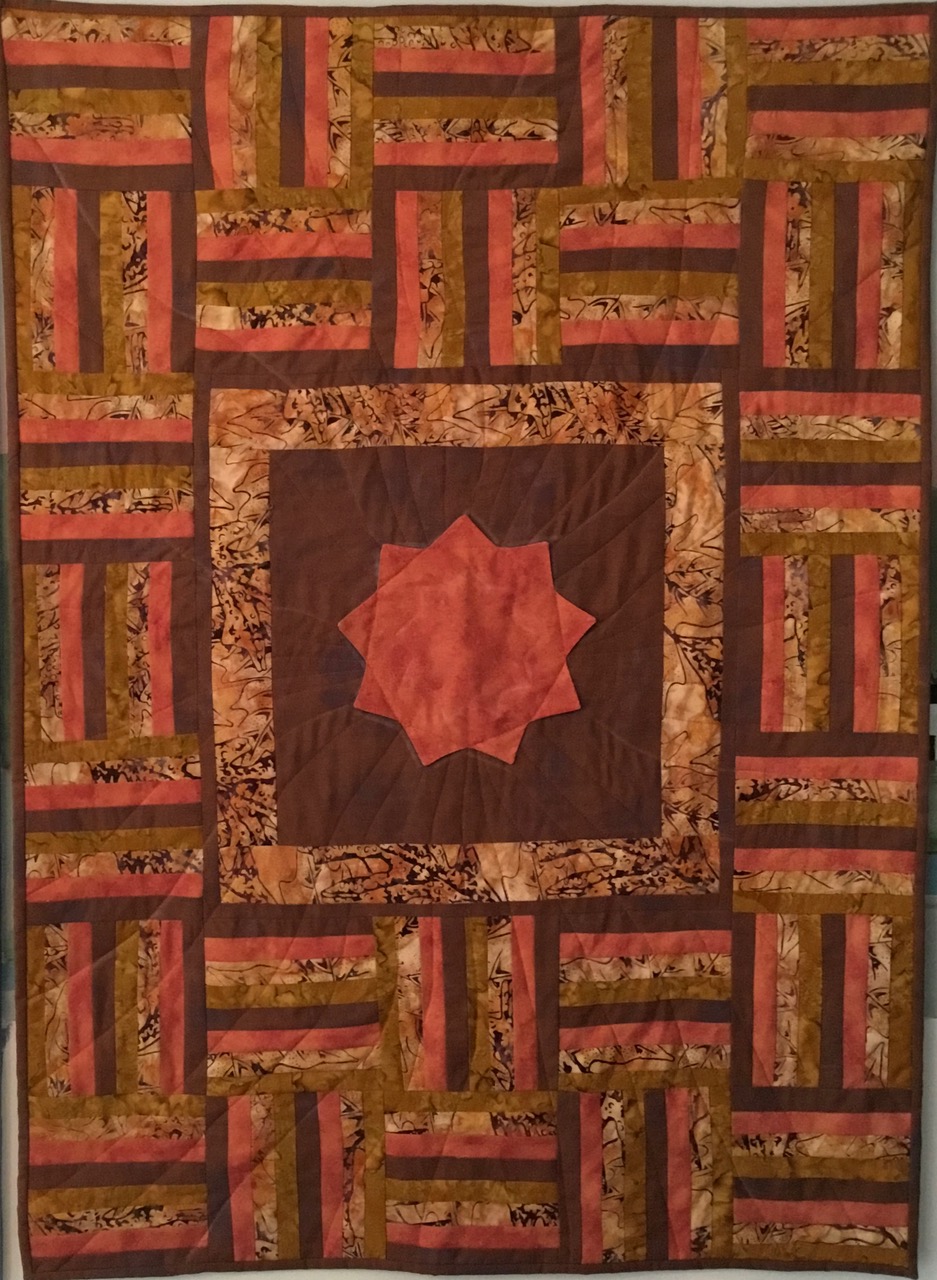
by Lynn Miller
This quilt, which I have entitled “Resilience,” was created to honor the Bahá’ís of Iran, who are daily faced with the struggle of practicing their faith in an antagonistic environment. Their plight is one of confinement and subjugation. Yet, they are resilient in the face of this repression.
... (continued)
The Candle in My Family
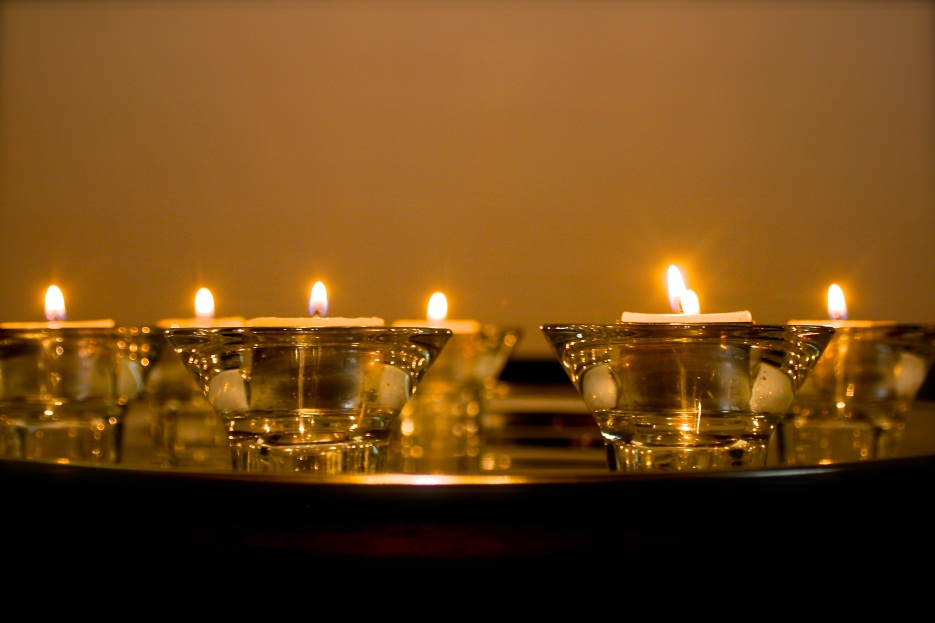
by Alhan
My great-great-grandfather was Mullá Taghi. He was a farmer who lived at the turn of the twentieth century in Hamedan, in the western part of Iran. Mullá Taghi was well-liked by everyone because he was an unprejudiced and honest man. If someone had a fight with someone else, they would take the case to Mullá Taghi to be judged, and people accepted his judgment because they trusted him.
Nowadays in Iran, Mullá is a title given to someone who is learned in Islamic theology and sacred law, but in my grandfather’s lifetime, people were called ‘mullah’ because they were able to read and write well.
... (continued)
The Roll-Away Pumpkin
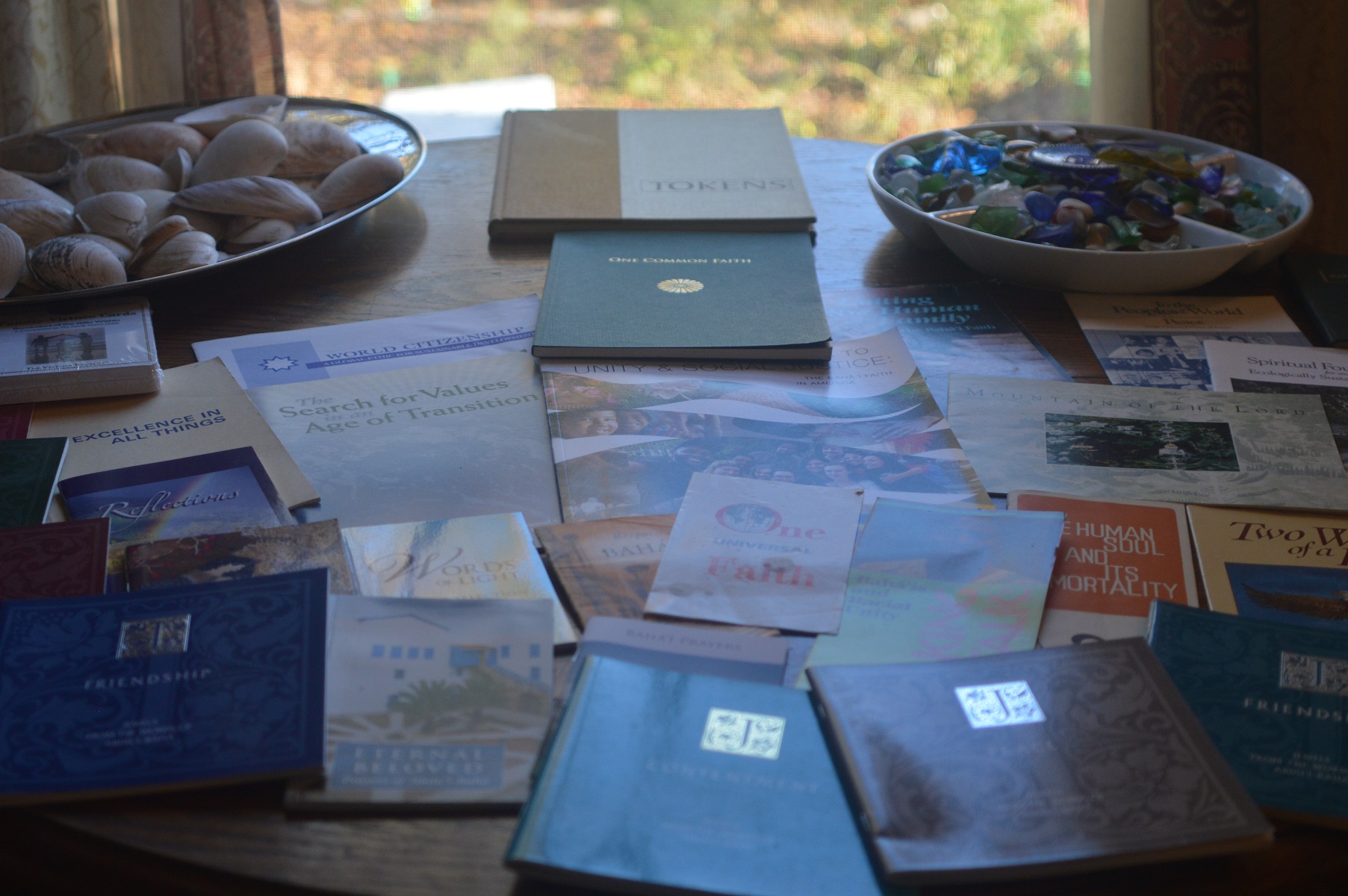
by Tanin Azadi
“Open the door!” We heard a man shouting. My mother grabbed our hands and took us to our room. My brother, my mother, and I sat quietly. As a seven-year-old, I couldn’t understand what was happening, but when I heard the men yelling and felt my mother’s shaky breath on my cheek, I felt terrified. The man shouted again: “Open this door!” With every shout, my mother held our hands tighter. I looked through the keyhole and saw four men throwing our things on the floor. Then I heard my father saying, “Who let you in my house?”
... (continued)
A Great Green Enigma
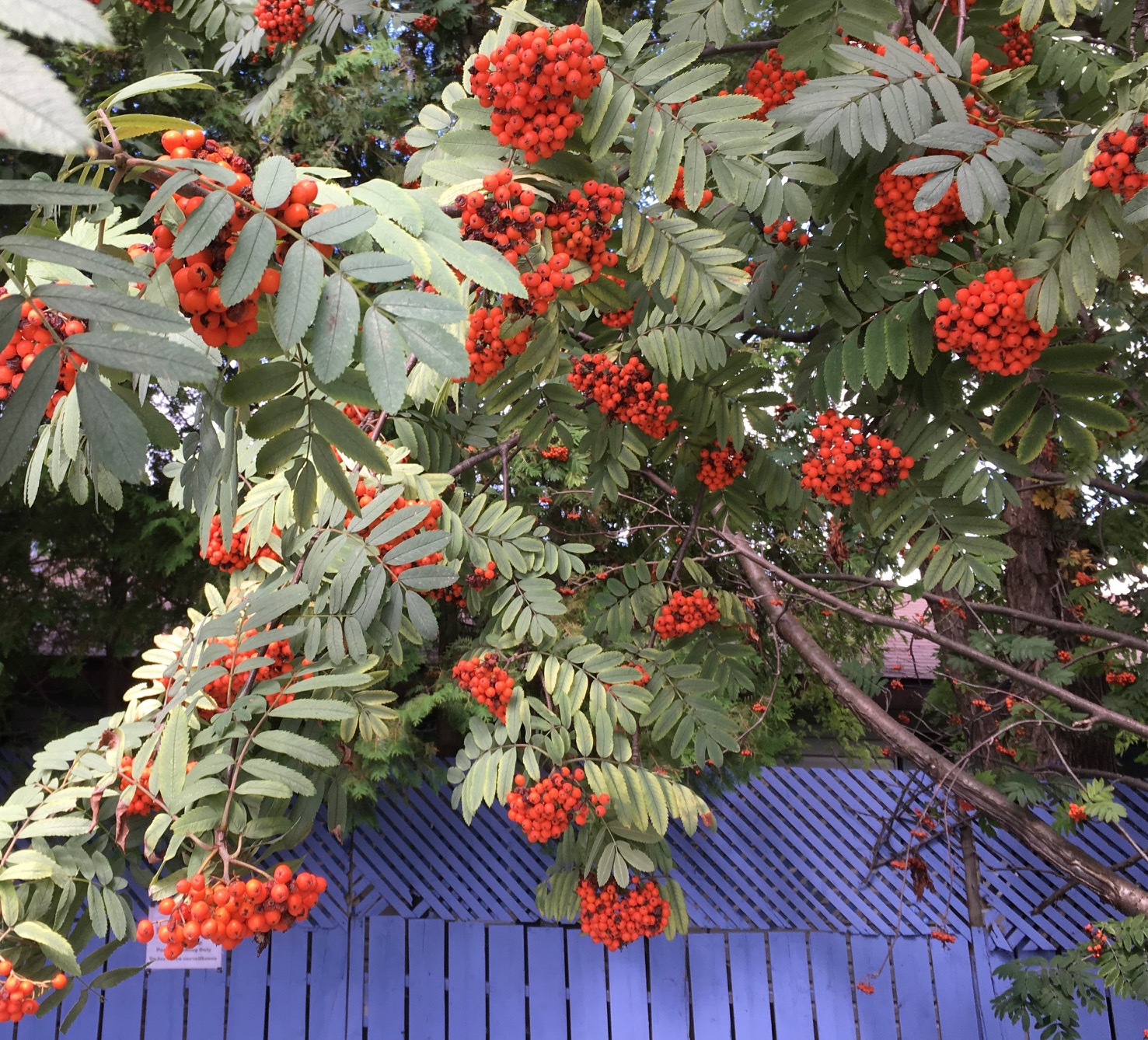
by Mehrsa Mastoori
For me, forests are the most mysterious places in the world, and the Rowshan Kuh forest in Sari County, Mazandaran Province, embodies that mystery at its most intriguing. I first encountered this forest several years ago. On the first morning, I woke up early and headed out while the village was still asleep. Before long, I came to the top of a hill where masses of immensely tall trees stood, as far as the eye could see. The village behind me was covered in fog, and in front of me was this green enigma that, with all its mysteriousness, seemed to invite me in.
... (continued)
The Blue Prayer Book
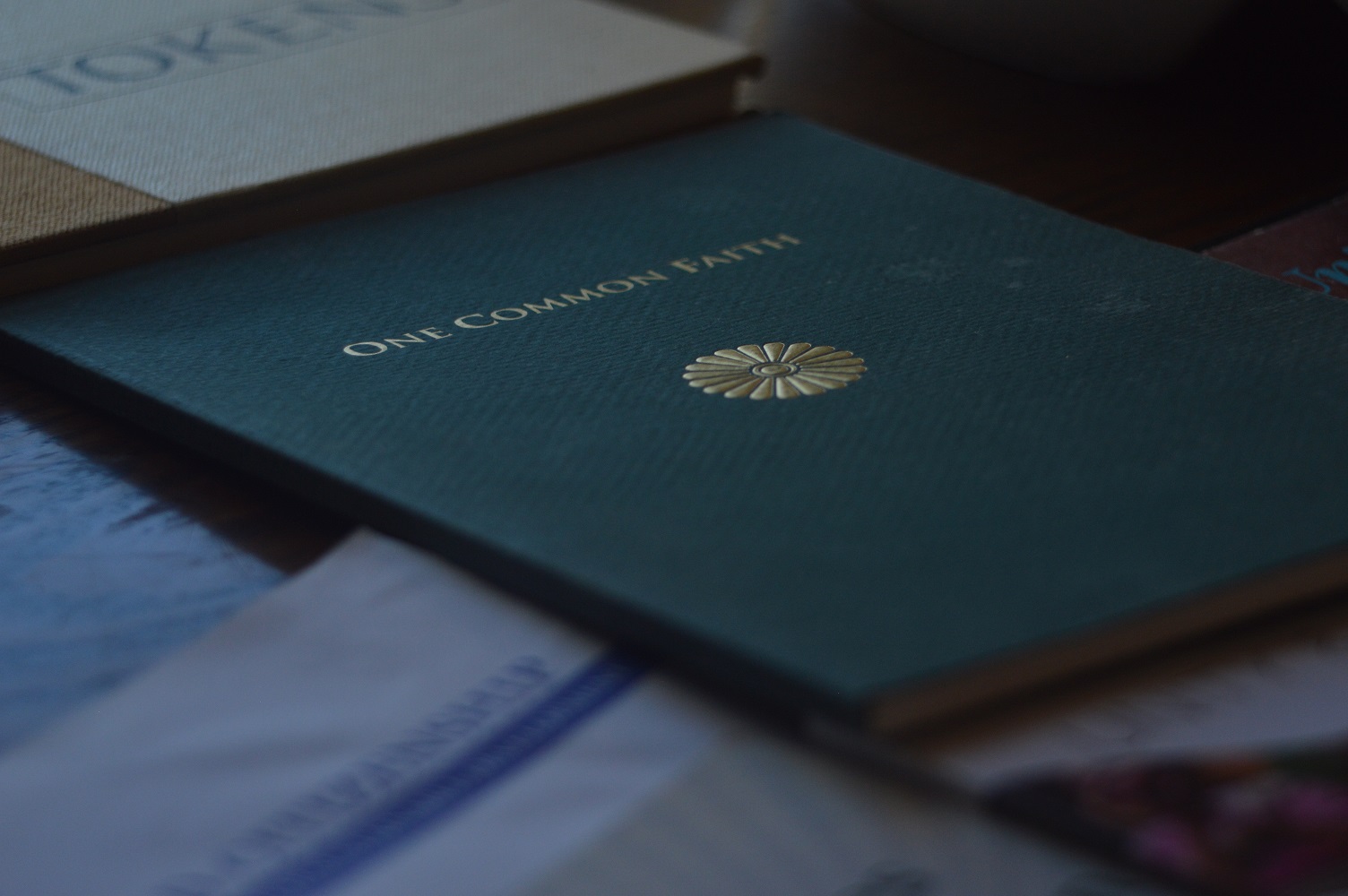
by Hannan Hashemi
It was a cold winter day in 2007. My family had planned to gather at my grandmother’s house. My mother picked me up from school to take me there. My father was supposed to pick up my sister from the children’s class and join us. A few hours passed, and my father and sister did not arrive at my grandmother’s house. My father didn’t have a cell phone, so my mother called my sister’s teacher who told us that my father had not been to the school. This worried us terribly. My mother left to pick up my sister and see what she could find out about my father. I was so scared that I went into a room by myself, closed the door and started to cry. I cried and cried until my mother finally came back. She saw my swollen eyes and red face and assured me, “Don’t worry dear, Bahá’u’lláh will protect him.”
... (continued)
The Whisper
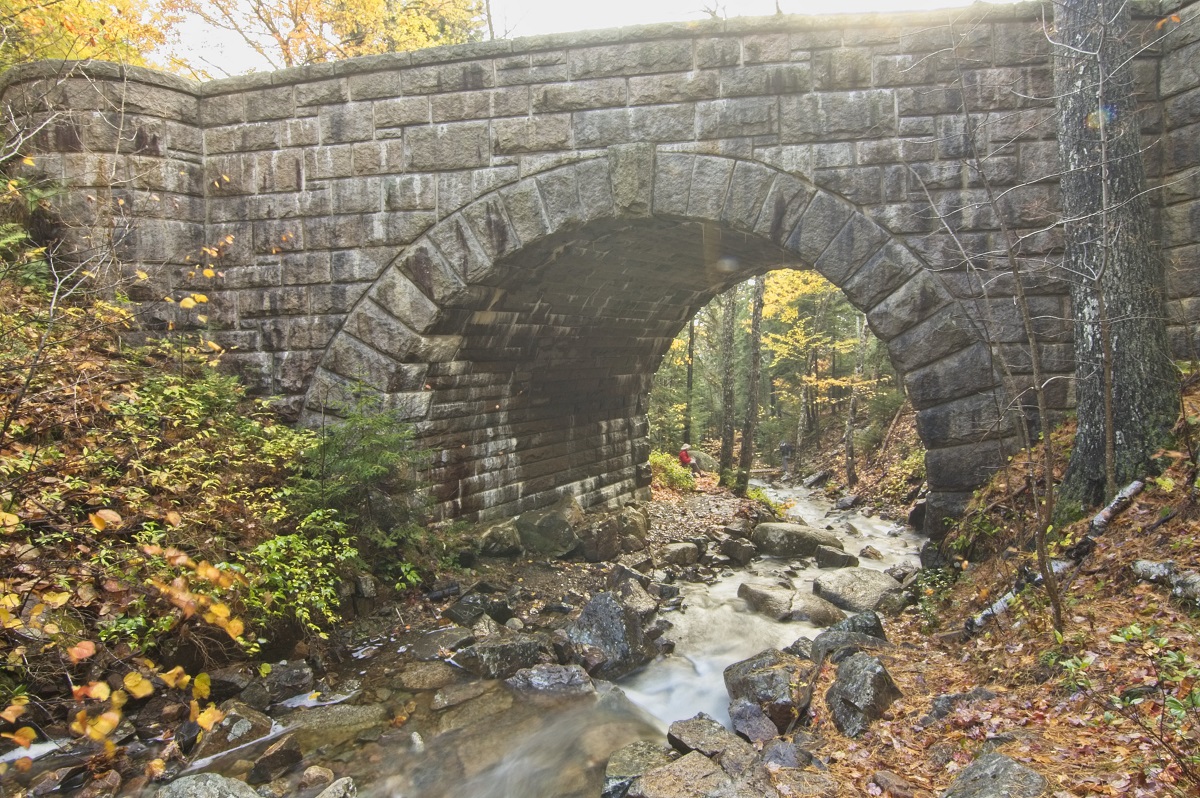
by Andisheh Taslimi
Morteza grabbed him by the throat and squeezed him. Abolghasem’s face became red. “Morteza, stop!” He could hardly breathe. It was the fourth time Morteza had visited the Shrine of the Imam Reza in Mashhad. As in previous times, he had traveled all the way on foot. Morteza was seventeen and a devoted Muslim who yearned with all his heart to serve the Mahdi, the Hidden Imam. But as he was walking to that holy shrine, he heard someone whisper in his ear. The mysterious whisperer told him this: “You claim you are a faithful Muslim, Morteza, but you do not know the meaning of the word ‘Bábí’.”
... (continued)
My Blessed Spot
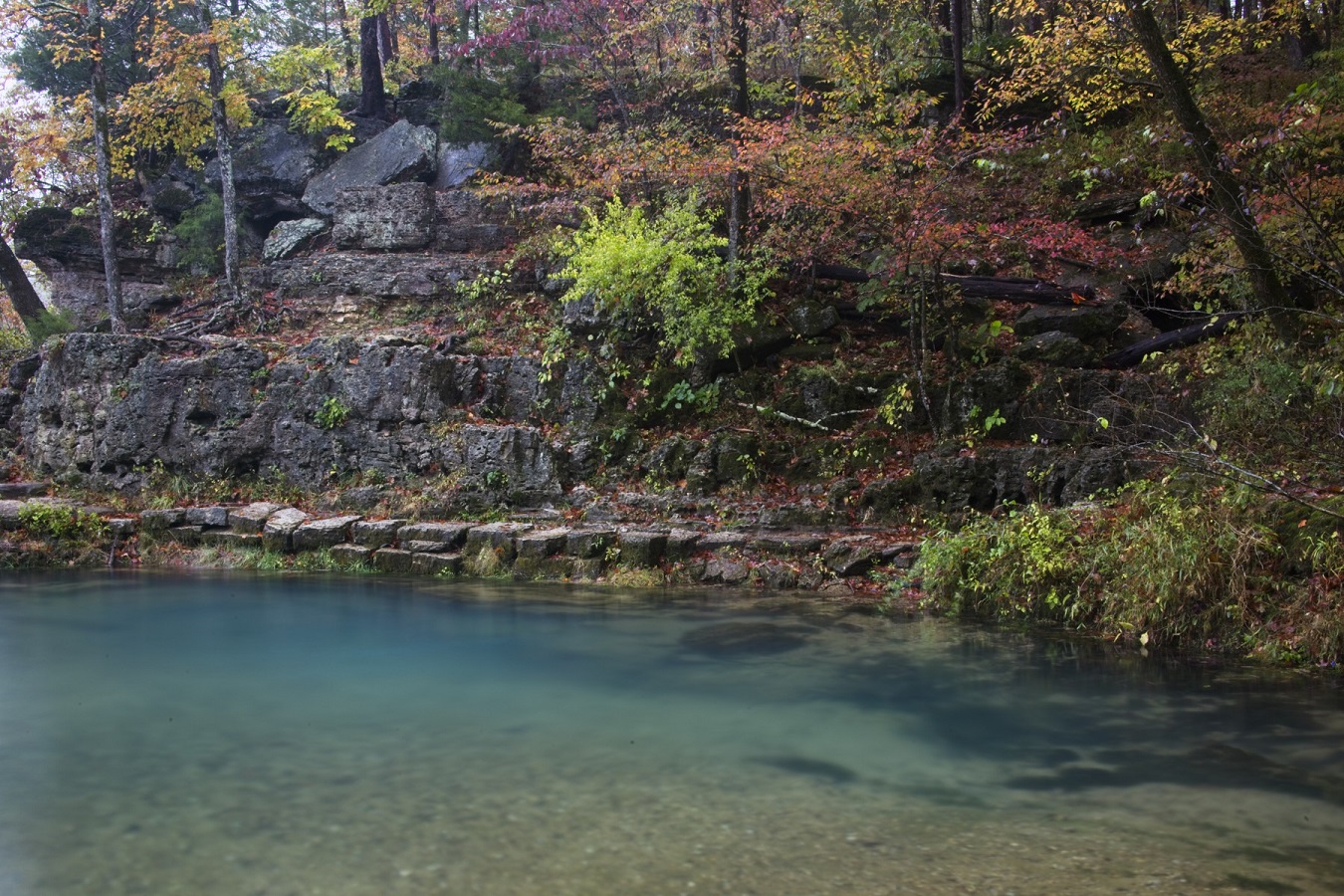
by Hannan Hashemi
In one of the old and crowded neighborhoods of Shiraz, my uncle had a big old house with magnificent oriental architecture, where I spent my childhood. Although I have lots of fond memories of every corner of this house, my most vivid ones are of its yard. At the entrance, there was a wide garden with three enormous and very old orange trees. To the right, lay a small trapezoidal blue pond that seemed extensive to my child’s eyes. To the left, hung a rusty yellow swing surrounded by jasmine bushes. The yard was surrounded by walls adorned with stunning tiles decorated with Persian miniature motifs. But these are not all the miracles of this yard. With the arrival of each new season, it took on a fresh color and scent, and its beauty enchanted me anew.
... (continued)
The Way Home
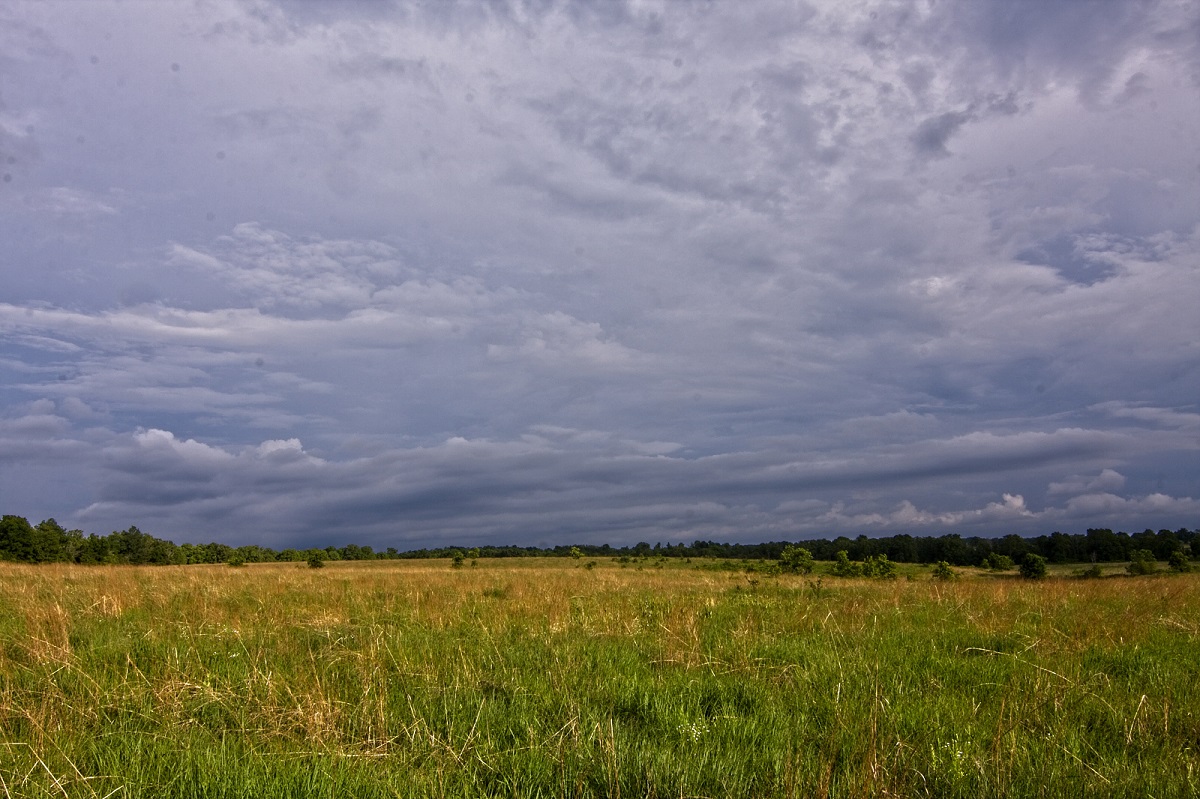
by Daniel Sabet Rasekhi
From time to time, I doubt myself. Don’t we all? We all have flaws and face despair at times or feel that we may not be as capable as we think we are. At those times, we may feel like children who have lost their parents in the middle of a dark woods and have no idea how to find their way home. Fortunately, the path home lies right in front of us; all we need to do is to follow the instructions of a greater guide.
To find the way, we should remember our divine source.
... (continued)
Hadigheh: A Bahá’í House of Worship in Tehran

by Saba
Thinking about my grandfather always inspires me when I am going through difficult times in my life since, as a Bahá’í living in Iran, he overcame many obstacles over the years. I often marvel at the way he dedicated his whole self to the faith he so cherished. His stories about the time when he lived in Hadigheh, which is located in the north of Tehran and was assigned by Shoghi Effendi to become the home of a House of Worship in Iran, fascinate me. My dear grandfather had the honor to serve in that holy place.
A few years before the Islamic revolution in Iran, Hadigheh, in summer, was filled with Bahá’í youth attending camp. The location was beautiful.... so many gardens filled with beautiful flowers, was a spiritual place where people could go for prayer, reflection, and meditation.
In 1978, however, things started to change in Hadigheh.
... (continued)
An Immortal Man
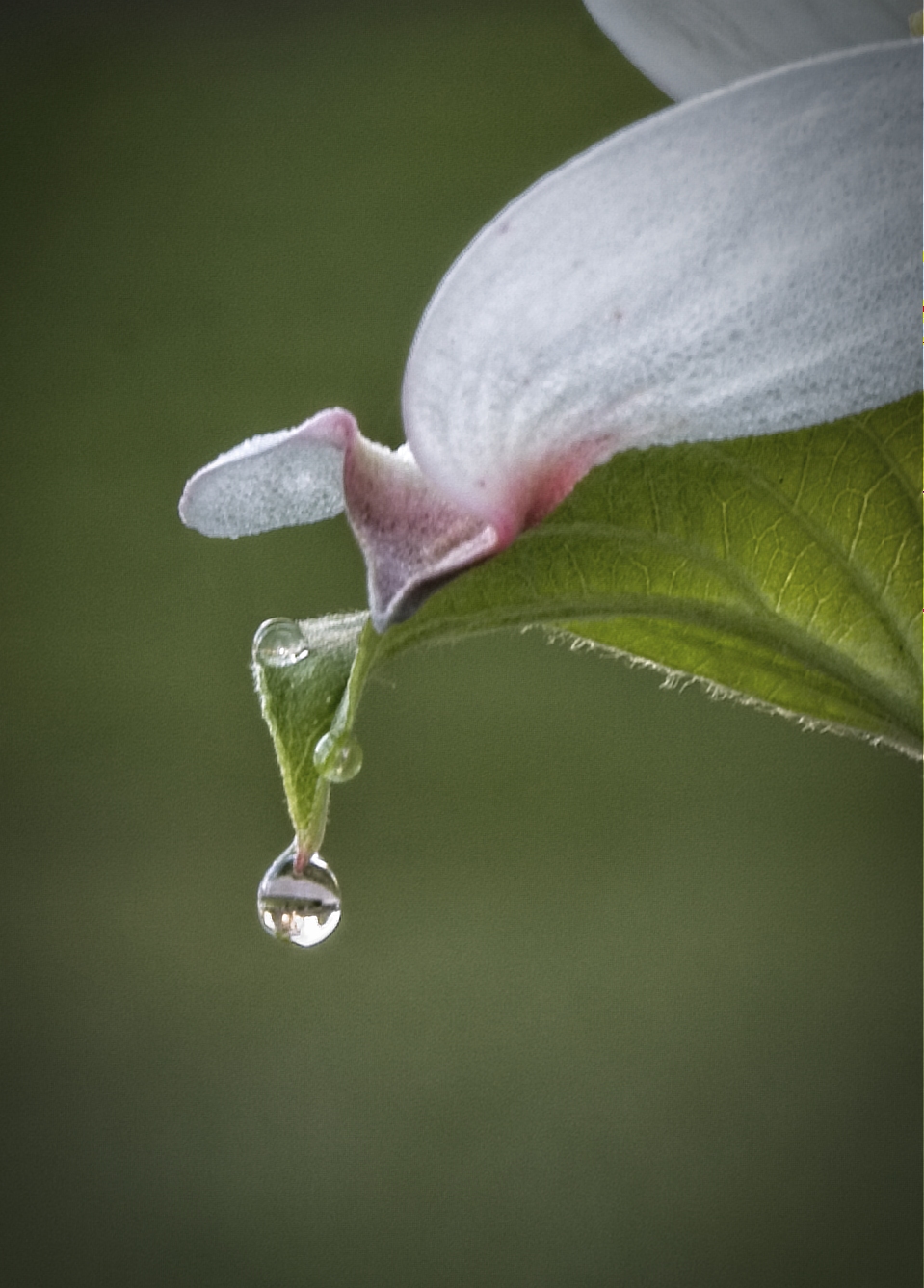
by Taranom
Living in Iran has always been difficult for the Bahá’ís. Because of their beliefs, they are on the margins of society; and if they stand up for those beliefs, they may be persecuted. For Bahá’ís, it can be challenging to be of service to society; no matter how many degrees you have or how much experience, you could be arrested, tortured, or even killed. There are many stories of Bahá’ís being harassed because of their beliefs, and this is one.
... (continued)
The Garden of Memories
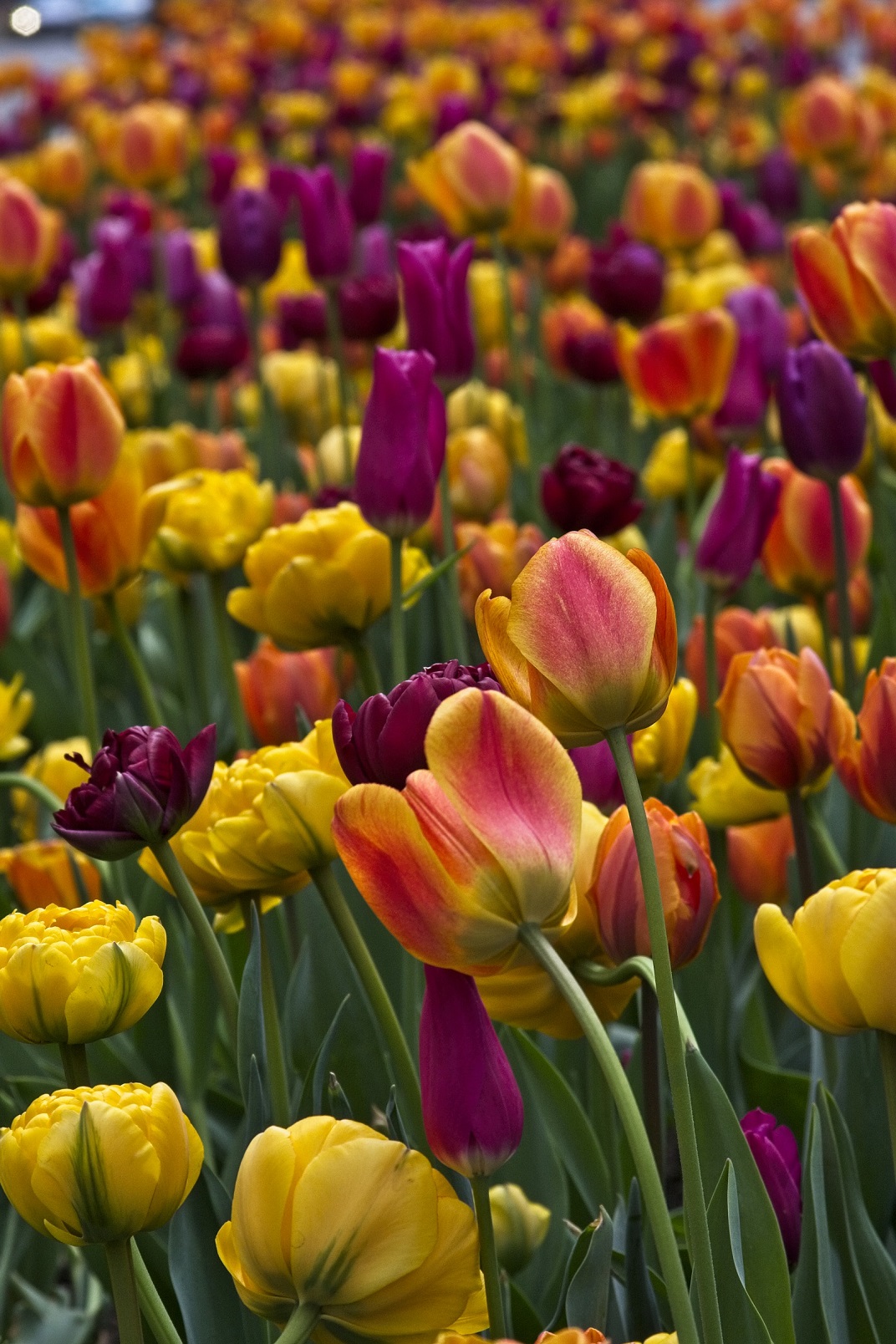
by Sama Khalili
The house my parents sold stood on one of the busiest streets of Babol, a city in the north of Iran that is well known for its fresh air. Because the city is located in the middle of a jungle and near the Caspian Sea, the weather is humid and the vegetation lush. Our house was a two-story house with big yards in the front and back, and I spent most of my childhood in those yards raising a dozen cats and kittens. I still remember every detail of that place...
... (continued)
Holy Soil: The Endurance of the Bahá’ís of Iran
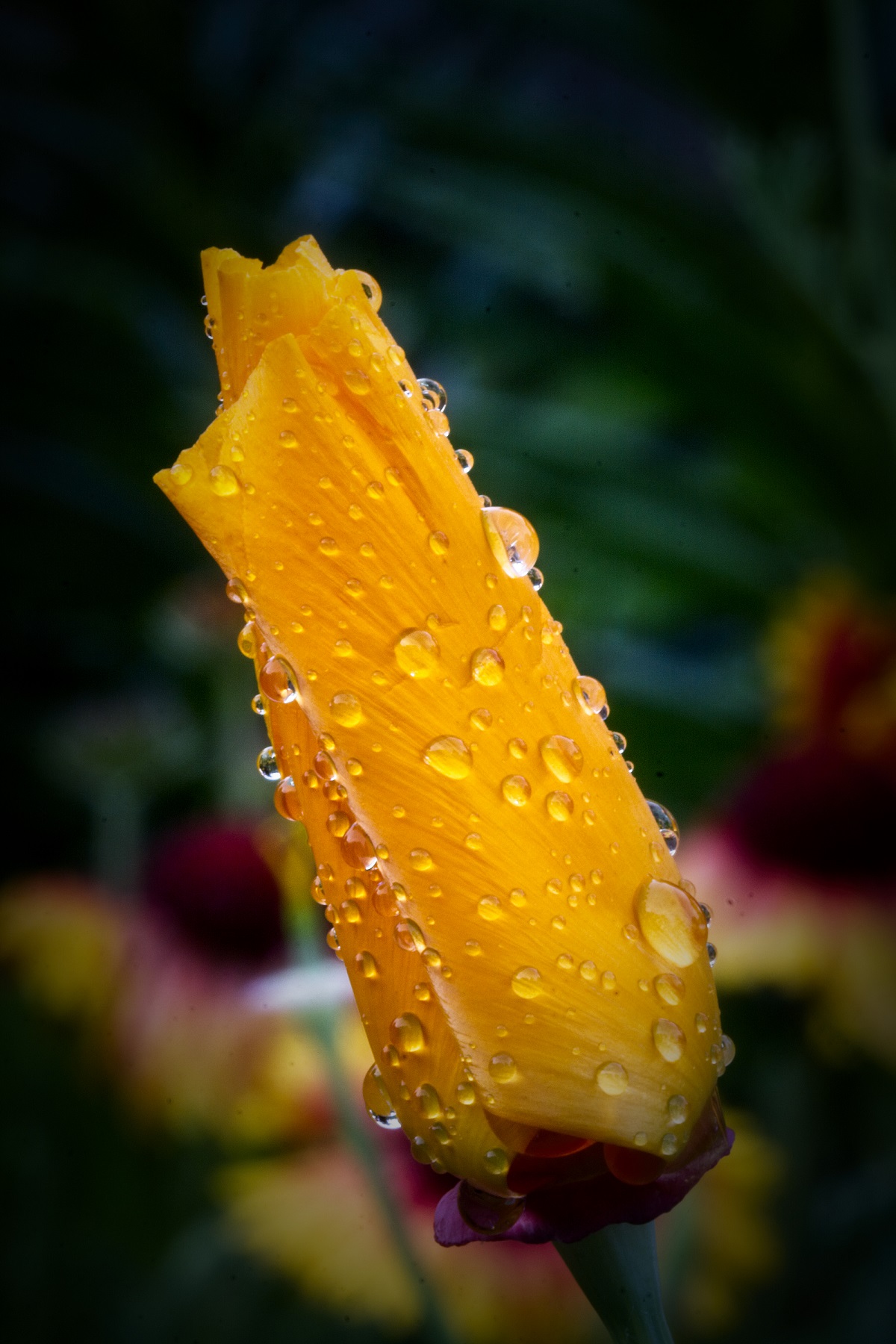
by Ighan
As a result of mistreatment, religious discrimination, prejudice, murder, inequality, imprisonment, deportation, physical and mental persecution, intimidation, and threats, half of the Bahá’ís in Iran have fled the country. However, many still remain....
Through their perseverance, the Bahá’ís who stay resist the Islamic government’s efforts to eradicate the Bahá’í Faith in Iran. If all of the Bahá’ís in Iran were to move to other countries, there would be no one left to explain the Bahá’í teachings to other Iranians.
... (continued)
A Shower of Bullets
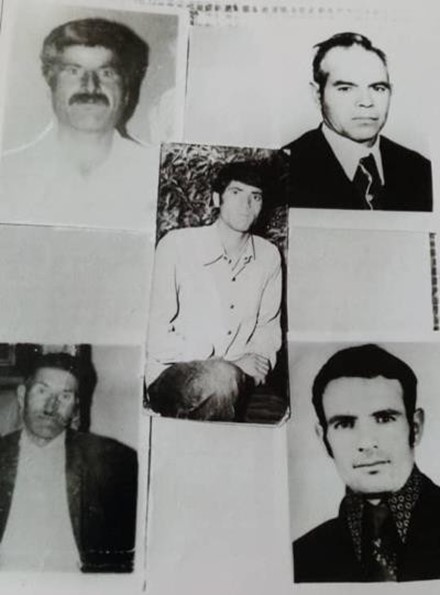
by Daniel Sabet Rasekhi
It was late at night in the Jolfa neighborhood in Isfahan when someone rang Saeed’s doorbell. Saeed opened the door and saw a neighbor. The neighbor asked Saeed if he could speak with him in private. Saeed invited him in and the neighbor started talking about the persecution of the Bahá’ís and the dangers they faced in the Islamic Republic of Iran. The neighbor told Saeed that his life and that of his family would be much easier if they all converted to Islam. Saeed rejected this suggestion, stating that he knew what was best for his family. About an hour later, Saeed heard the doorbell ring at his uncle’s home downstairs.
... (continued)
The Kolahduz of Barfurush

by Sama Khalili
Since I was a child, I have heard many stories about the courageous people who lived in my city, the city of Babol, formerly Barfurush, in Mazandaran Province. Babol is familiar to Bahá’ís because it is on the road to the Shrine of Shaykh Tabarsi. When we were young, we used to talk about the bravery of the Bábís in our children’s classes, and I always admired those brave souls for the part they played in history.
... (continued)
The Light in the Darkness
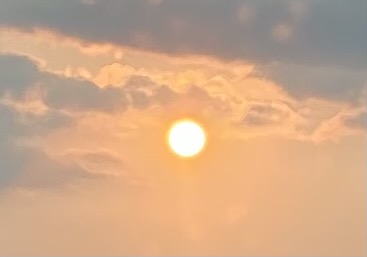
by Sama Khalili
Growing up, I always enjoyed reading The Hidden Words. Part Two of The Hidden Words, which was revealed in Persian, was more comprehensible to me than Part One, which was revealed in Arabic. During children’s classes, I always got away with not memorizing prayers, but I never skipped The Hidden Words. I remember that when my grandfather died, I stood in front of the largest crowd I had ever seen in my ten years of living and recited four of The Hidden Words
... (continued)


